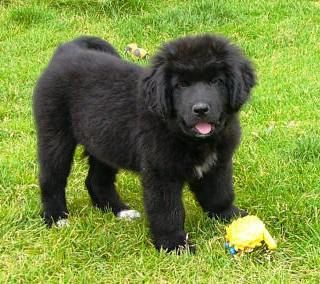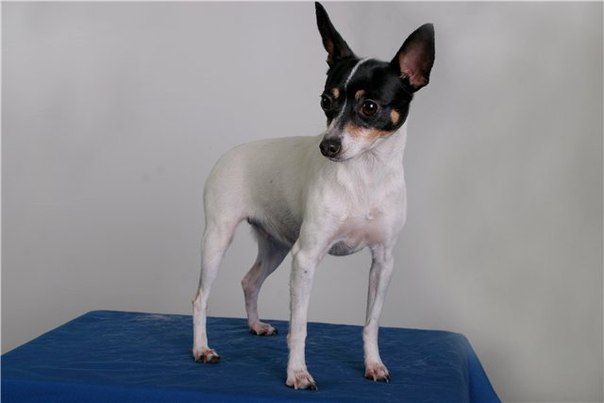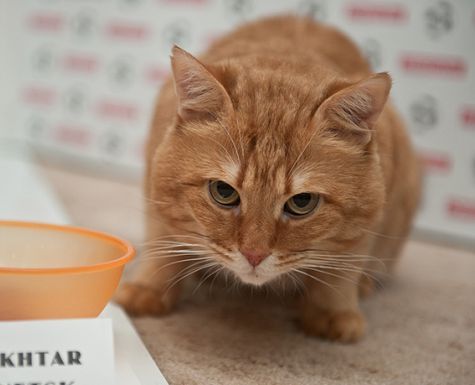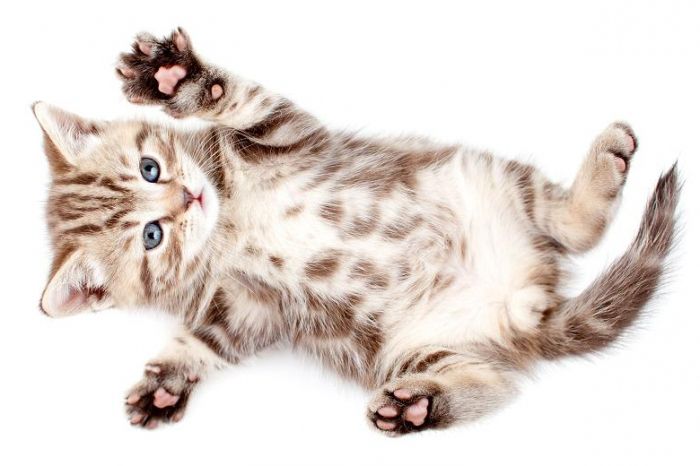Pet names
I live in a village, and almost everyone who lives in a rural area has pets - cows, horses, sheep, cats, dogs... I also have animals at home, and almost all of them have nicknames. For example, we call our calf February, because she was born in February, and the kitten is called Fluff, since he is very fluffy. We choose the nicknames for our pets together. We choose the one that best suits the animal. This may be a nickname associated with the characteristics of the animal itself or with the time of its appearance in our country.
And just recently we got a puppy. Small, black, completely helpless. While my mom, dad, and I were choosing a nickname for him, my younger brother, who is five years old, said that it would be Hedgehog. This is how a nickname appeared, which does not at all correspond to a purebred husky, but we did not contradict the little child. But not all of our pets have names. For example, there are no sheep, because they are rarely at home and graze on the state farm meadows all summer. And there is simply no one to call them by their nicknames.
And I wondered what the names of my classmates’ pets were, and why they were that way.
Our neighbor has animals with very interesting names. For example, he called the calf Home. Therefore, when he returns from the pasture and hears his owner calling: “Home, home!”, the stupid calf, of course, hurries to his yard. Another example is no less funny. He named the young cow Faster. Just imagine - a neighbor greets his cattle from the pasture and loudly calls: “Faster, faster, faster!” - isn’t it fun!
In general, you can talk a lot about the nature of nicknames, because... It’s difficult to say specifically or identify any standards, but we’ll still try.
From reference books, I learned that there is a special science that studies the names of animals. It's called zoonymics. Zoonymics - zoo - (Greek) - animal, nim - (Greek) - name - proper name (nickname) of the animal.
This science stands at the intersection of two sciences: linguistics, since it is there that all proper names are studied, and biology, because the origin of many nicknames is connected with the biological characteristics of certain animals.
Pet names
Our study involved 14 6th grade schoolchildren and their parents (to clarify the information). The children were given a questionnaire consisting of six questions. (Appendix 1)
The next task of the study was to find out what nicknames they prefer to give to certain types of animals and why they are so.
Dog names
Out of 23 dog names, only two names were repeated - Naida and Taiga. The rest appeared once each. (Appendix 2).
Since many village men are hunters, their dogs have corresponding nicknames: Baikal - a strong big dog, Naida - will find prey, Taiga - knows how to hunt in the taiga, Chikoy, Tungus - the names of taiga rivers. Other nicknames are assigned based on characteristics of color or behavior: Rychka - growls a lot, Black - black in color, Top - agile, Dik - wild, Baby - small in stature. Traditional dog names are also given - Sharik, Bimka, Mukhtar, Rex, Druzhok. There are dogs that are given the names of people - Dinka, Kuzya. And there are unexpected nicknames that are assigned for unknown reasons - Patim, Abrek. But what all nicknames have in common is that they are sonorous, short, and most contain the letter “er,” which resembles the growl of a dog. And some people choose a puppy’s nickname after the letter that the mother dog had a nickname for.
Cat names
Almost every home has a cat, and the nicknames for them are most often affectionate, reminiscent of purring: Musick, Murzik, Marsik, Murka. There are nicknames - names of people - Zhorik, Masha, Borka, Tikhon. Nicknames are assigned based on certain characteristics of animals, for example, Pushok - fluffy.
Names of cows
The largest number of domestic animals in the village farmstead is cattle - 42 heads. This is not surprising, since it is the cow that feeds us and is often the source of income for a village resident. The names of cows are varied, but Noah has its own characteristics. The most popular nicknames are Buryonka, Buyan, Borka. There are many nicknames derived from the names of the months and time of birth of calves - April, February, January, Mike, Nochka, Zorka. Female and male names are assigned - Alisa, Borka, Valka, Pashka, Vasya, Dinka, Zhenka, although there is a belief that people’s names should not be given to calves. There are nicknames that are given according to their color characteristics - Cheryomukha - black, Belyanka - white, Pestrushka - motley, Zaya - gray, like a hare. There are affectionate nicknames - Daughter, Baby. And some nicknames are difficult to explain, for example, Iza. They are given by small children, and parents agree, as long as the nickname is sonorous and easy to pronounce.
Names of horses
Few in our class have horses at home, so there are few horse names in our study. Most often they give nicknames by color - Gypsy, Gnedko. Others assign nicknames, wanting their horse to be fast, strong, and hardy. There are names - Matryona, Ilka, according to external features - Zvezdochka, baby.
Pig names
Pigs, as the survey showed, have almost no nicknames. Only two people at home call them by their nicknames. Moreover, these nicknames are derived from the names - Sarah, Gosha, Vasya, Manya.





No comments here yet.